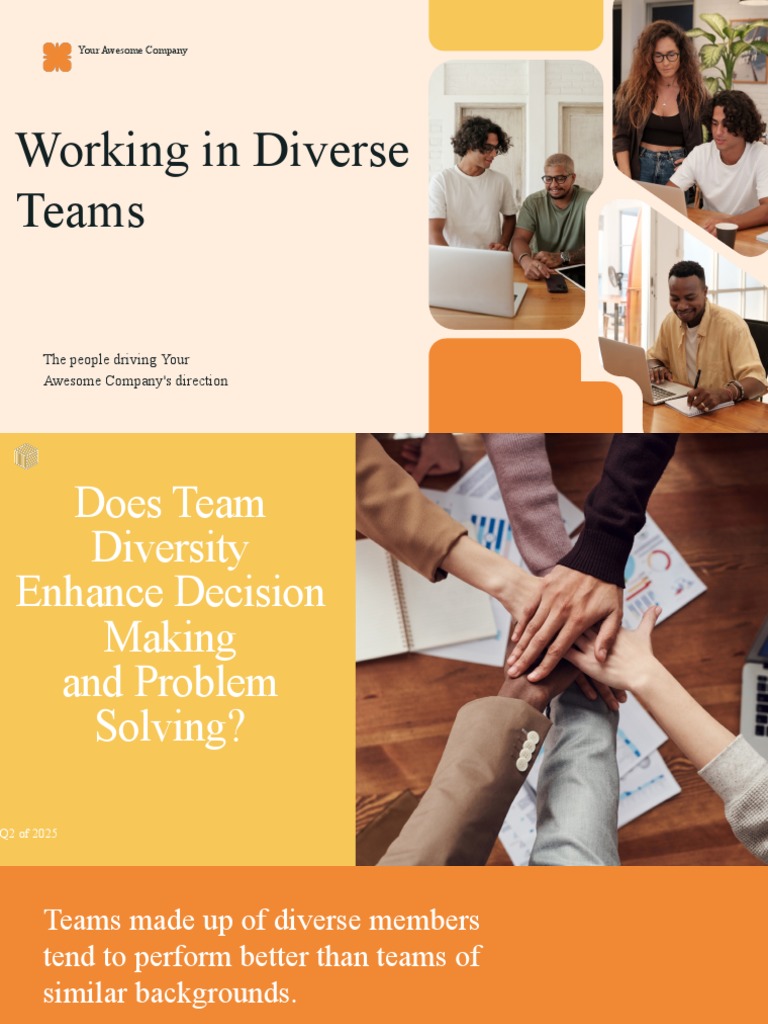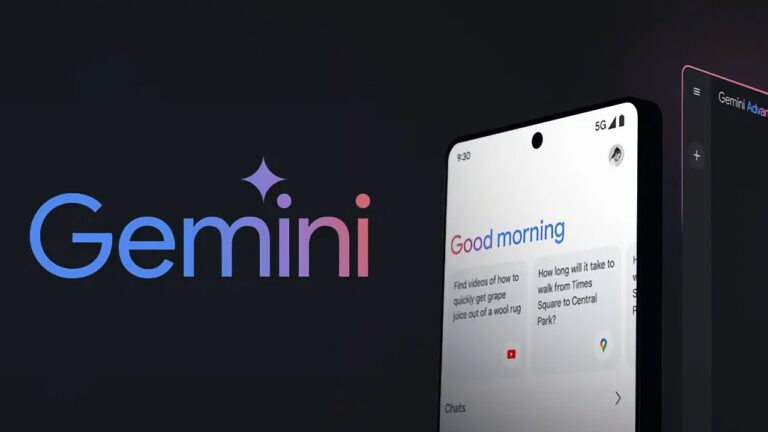
Audience
- Sentiment: Critical
- Political Group: Progressives
- Age Group: 18-34
- Gender: All genders
Overview
- OpenAI removed its commitment to diversity, equity, and inclusion from its website, raising questions about its stance on these values.
- The shift to focus on ‘building dynamic teams’ omits explicit references to diversity, reflecting a broader trend among tech companies.
- The article discusses the implications of corporate responsibility versus political pressures in shaping DEI initiatives.
Understanding OpenAI’s Change: Diversity, Equity, and Inclusion in Today’s World
Imagine opening a website that proudly displays how a company believes in fairness, respect, and giving everyone a fair chance – you know, diversity, equity, and inclusion (or DEI, for short). Now, what if that same website suddenly changed overnight? The values that were once front and center seem to disappear, replaced with a shiny new page focused on “building dynamic teams.” You might wonder, “What happened?” This situation occurred recently with OpenAI, a leading tech company known for its advancements in artificial intelligence. Let’s dive in and explore what this all means, why it’s significant, and how it fits into a much larger picture about how businesses approach important social issues.
What Happened at OpenAI?
Not long ago, OpenAI had a dedicated webpage that celebrated its commitment to DEI. The term “diversity” is all about having different types of people in a group, such as different races, genders, backgrounds, and perspectives. “Equity” means that everyone has a fair shot and equal access to opportunities, while “inclusion” is about making sure that everyone feels welcome and valued within that group.
OpenAI’s commitment shown on their previous page was important because it indicated that the company recognized the value of having a mix of different voices and experiences. Studies have shown that diverse teams often produce better results because they think differently and can approach problems from various angles.
However, OpenAI decided to remove this page and replace it with a new page that focuses on “building dynamic teams.” Mysteriously, the new page doesn’t openly mention the word “diversity.” Instead, it emphasizes how teams can benefit from having people with various backgrounds and experiences. This change has raised a lot of eyebrows and sparked conversations about what it means for the company and the tech industry as a whole.
Why This Change Matters
First, let’s break down why this shift is significant. Companies like OpenAI play a huge role in shaping culture, especially in the tech world. When they publicly commit to DEI, it sets a standard for the industry and sends a message that these values matter. It also encourages other companies to take similar steps in promoting fairness and inclusion.
However, the shift away from explicitly mentioning DEI raises several important questions. Is the change a reaction to external pressures? Have there been changes in the political landscape that made companies second-guess their commitments to diversity? The fact that other tech giants like Meta, Google, and Amazon have made similar moves hints that this isn’t just a one-off incident but part of a larger trend.
A Wider Trend in Corporate America
You might be wondering, “Why are all these big companies changing their stance on DEI?” The reality is that the conversation around diversity in the workplace is becoming increasingly complicated. In recent years, some political groups have challenged DEI initiatives, arguing that they create division rather than unity. Laws and regulations regarding diversity training, hiring practices, and even funding have come under scrutiny, causing companies to think carefully about how they promote these values.
OpenAI’s decision could reflect this increased scrutiny. By removing an explicit mention of DEI, they might be trying to avoid backlash while still promoting team-building efforts that appreciate different perspectives. But it raises the question: are companies prioritizing political safety over genuine commitment to inclusion?
What Does “Building Dynamic Teams” Mean?
Let’s take a closer look at what OpenAI means by “building dynamic teams.” While the terminology has shifted, the sentiment behind it may still resonate with the essence of DEI. “Dynamic teams” suggests a goal of fostering an environment where different backgrounds and experiences contribute to a vibrant and effective workforce.
Imagine a basketball team where all the players are the same type, say just point guards. While they might be great at dribbling and passing, they’d struggle to play all positions. But if you have centers, forwards, and guards, you create a balanced team that can tackle any challenge. The same goes for workplaces! Companies benefit when their teams include varied perspectives. This diversity—whether acknowledged explicitly or not—can lead to innovative solutions and creative problem-solving.
Corporate Responsibility vs. Trends
Another critical aspect to consider is corporate responsibility. Companies are, of course, businesses that aim to make money. But they’re also part of the communities in which they operate. This dual role means that they should care about more than just profit; they also hold a certain level of responsibility toward their employees, customers, and society at large.
When firms invest in real DEI initiatives, they’re not only creating a better work environment but also setting an example for others to follow. This creates a ripple effect, encouraging other businesses, especially smaller ones, to prioritize inclusivity. However, if large corporations remove their DEI commitments or fluff them up to sound nice without taking real action, it could harm societal progress.
The Personal Connection: Why You Should Care
Now, you may be thinking, “Why does this matter to me? I’m just a student.” But this topic does affect everyone, including you! The workplace you might enter in the future will be filled with rich cultural diversity. Understanding and appreciating different perspectives is vital, especially in an increasingly globalized world.
Moreover, initiatives promoting equality can have direct impacts on education, access to resources, and future career prospects. When companies genuinely embrace diversity, they create fairer opportunities for all – including people of different races, genders, and backgrounds.
A Thought-Provoking Conclusion
In a world where conversations about inclusion and equality are becoming more complex, the recent changes at OpenAI provide an important case study. Are they simply trying to rebrand their approach to fit the times, or are they backing away from their commitments?
Whatever the reason, this situation invites us to reflect on what true diversity and inclusion should look like in workplaces everywhere. If corporate giants are becoming wary of openly supporting these initiatives, what can future leaders and changemakers do to ensure that diversity remains a priority?
As students and future professionals, you have the power to advocate for fairness and representation. What steps do you think companies should take to uphold diversity and inclusion, regardless of external pressures? Share your thoughts in the comments! Your voice matters, and the conversation starts here.






